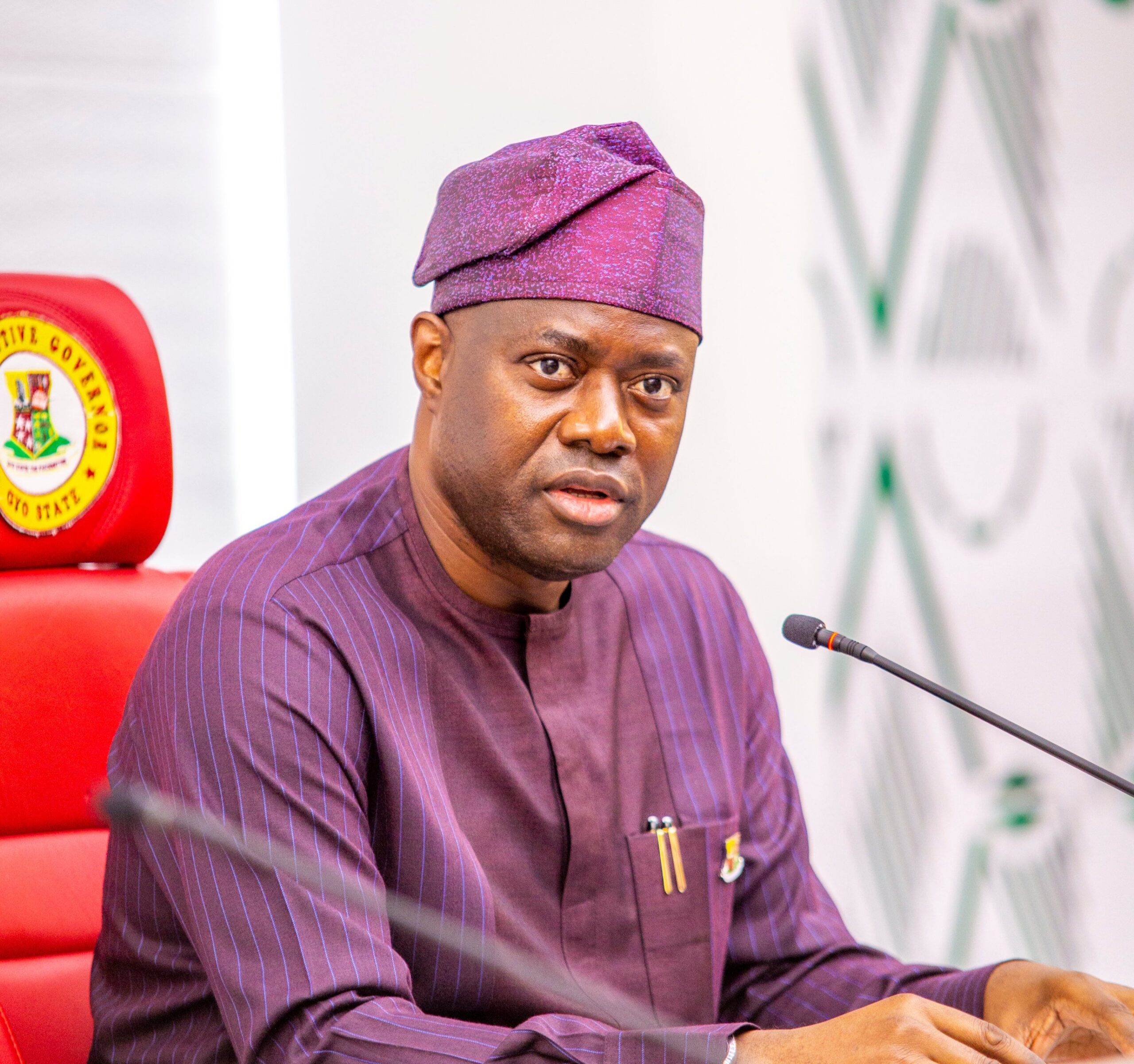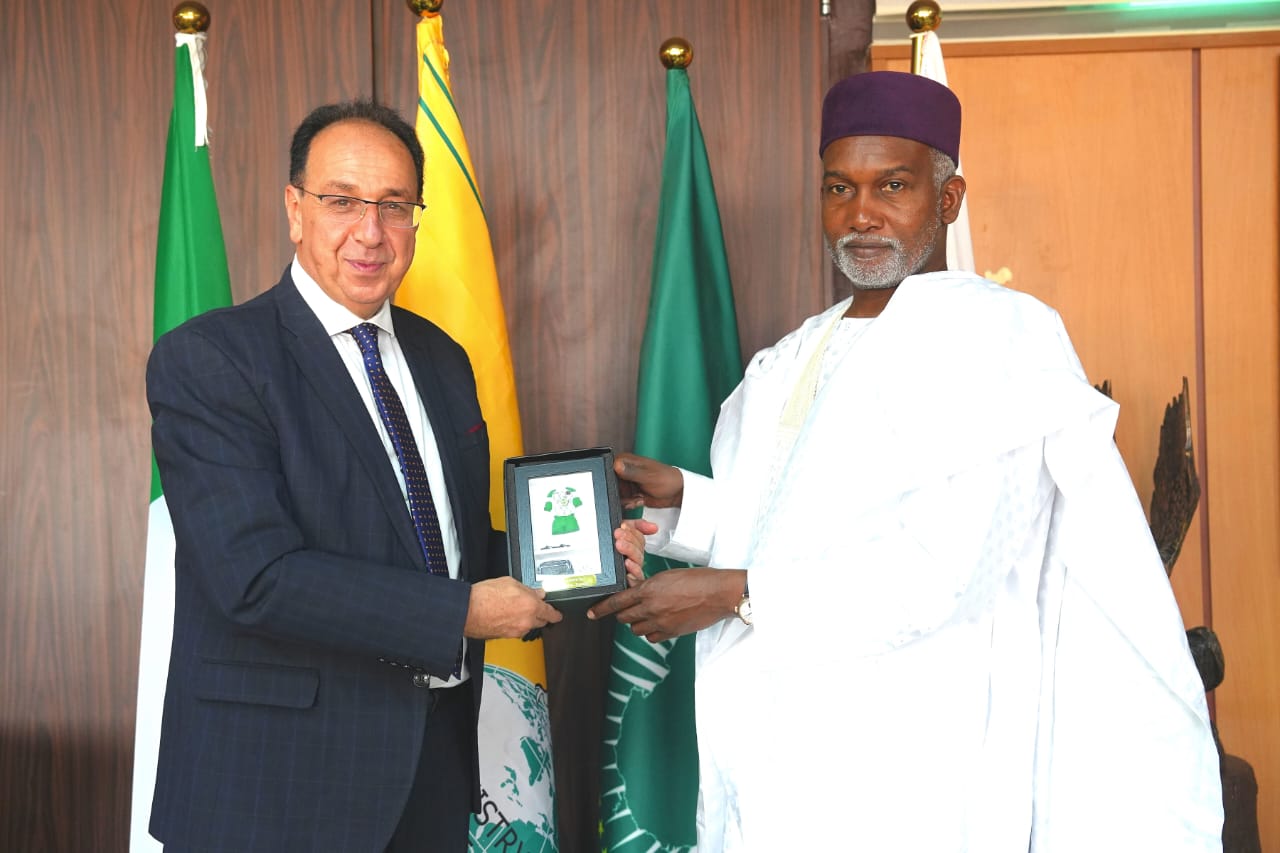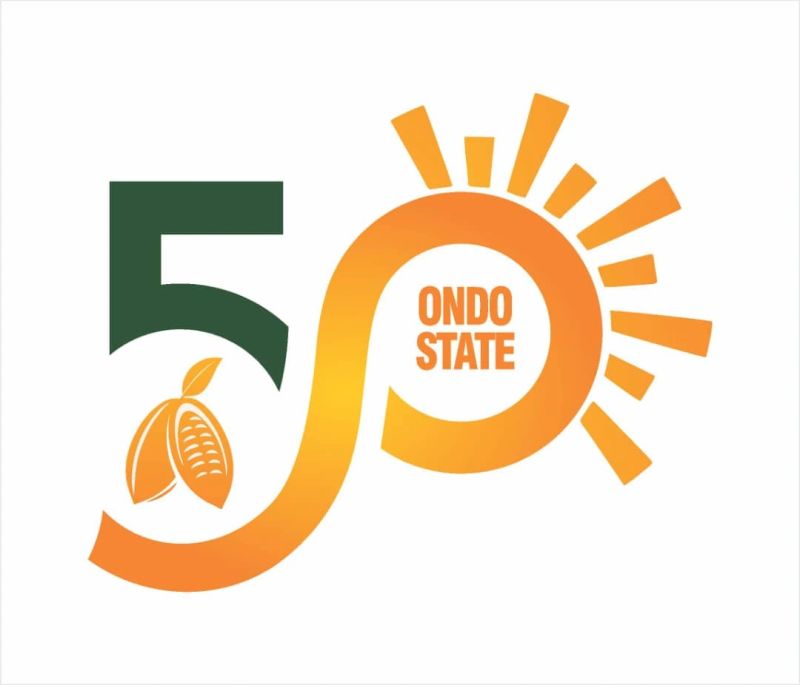GSM and 2027: Why Seyi Makinde May Be PDP’s Best Bet Against APC

Governor Makinde
BY PETER FOWOYO
As Nigeria inches closer to the 2027 general elections, the political landscape is already shifting, with new alliances, zoning arrangements, and early calculations shaping the direction of the race.
One figure whose name continues to dominate conversations within the opposition space is that of Governor Seyi Makinde of Oyo State. Popularly known as GSM, the two-term governor has become one of the most formidable voices in the People’s Democratic Party (PDP) and, increasingly, a potential presidential contender.
The recently concluded PDP National Executive Council (NEC) meeting in Abuja, which zoned the party’s 2027 presidential ticket to the southern part of the country, has further boosted speculation about Makinde’s chances.
The NEC also retained the chairmanship of the party in the North and affirmed Umar Damagum as Acting National Chairman pending the party’s national convention later this year.
For many observers, the decision signaled an opportunity for southern leaders in the PDP to step forward. Among them, Makinde stands out—not just for his growing influence within the party, but also for his governance record in Oyo State and his unique political style.
Early Life and Career Path
Born on December 25, 1967, in Ibadan, Makinde’s journey reflects a blend of professional excellence, philanthropy, and politics. A graduate of Electrical Engineering from the University of Lagos, he built a successful career in the oil and gas industry, working with multinational corporations before founding his own company, Makon Group of Companies. His professional experience both locally and internationally has shaped his technocratic approach to governance, which many Nigerians now find refreshing.
Before venturing into politics, Makinde’s philanthropic gestures earned him admiration across Oyo State. From constructing boreholes and classrooms to sponsoring scholarships and medical missions, his grassroots engagement made him a household name long before his electoral victories. These early efforts in social investment became the springboard for his political journey.
Political Breakthrough
Makinde’s first major political breakthrough came in 2019, when he won the governorship election under the PDP, defeating the ruling APC in a stunning upset. His reelection in 2023 consolidated his position as a political heavyweight, not just in Oyo State, but across the South-West, where the PDP has historically struggled against the dominance of the APC. Today, he is arguably the most influential PDP governor in the region and one of the few southern voices capable of bridging party divides.
Makinde has carefully crafted his public image as both a technocrat and a grassroots leader. In various interviews, including his appearance on Channels Television’s Politics Today, he has not hidden his belief that he has what it takes to lead Nigeria.
“I don’t have any doubt that I have the capacity to occupy the highest office in this land and I have what it takes. But what I want to do right now—is it what Nigerians are asking for, is it what my party will say we should do? We don’t know yet,” he remarked.
This cautious but confident posture reflects his political strategy: focus on governance in Oyo while keeping his national options open. His refusal to be rushed into an early declaration of interest has also helped him avoid unnecessary political landmines within the PDP.
PDP Dynamics and Opposition Politics
A major development shaping Makinde’s future is the PDP’s internal dynamics and its relationship with other opposition forces. Following the 2023 elections, where PDP’s Atiku Abubakar and Labour Party’s Peter Obi polled over 12 million combined votes—well above Tinubu’s declared tally—there has been renewed pressure for an opposition coalition to challenge the APC in 2027.
In March 2025, Atiku spearheaded an inter-party coalition that brought together opposition figures including Obi and former Kaduna governor, Nasir El-Rufai. But in a dramatic twist, Makinde and several PDP governors rejected the move, insisting that the PDP must first fix its internal problems before entering any alliances.
“Your house (the PDP) must be in order before you invite others,” Makinde said, subtly distancing himself from Atiku’s coalition politics.
This stance drew support from influential party leaders like Chief Bode George, who also endorsed the call for a southern candidate in 2027. By opposing Atiku’s moves, Makinde positioned himself as a key voice for party discipline while also aligning with southern interests—a potential boost to his presidential ambition.
Achievements in Governance
One of Makinde’s strongest selling points is his governance record in Oyo State, often described as people-focused, transparent, and innovative. His administration has invested heavily in infrastructure, with major road construction projects linking urban and rural communities while rehabilitating critical state facilities.
In education, his policies have targeted the reduction of out-of-school children, improvement of school facilities, and provision of bursaries to thousands of tertiary students. These measures have not only improved access to learning but have also earned him praise from parents and education stakeholders.
Healthcare delivery has also been a priority. Makinde revitalized primary healthcare centers across the state and partnered with international medical teams to provide free interventions for underserved communities. The state’s healthcare infrastructure has seen renewed attention, making medical services more accessible to the grassroots.
On security, Makinde strengthened Amotekun, the South-West regional security network, enhancing the safety of Oyo residents and bolstering community policing efforts. Economically, he has pushed reforms aimed at diversifying the state’s revenue base through agribusiness, technology hubs, and industrialization projects, giving the state a stronger footing for future growth.
Collectively, these initiatives have earned him the reputation of being one of Nigeria’s most effective governors. His pragmatic approach to governance, combined with his technocratic background, appeals to Nigerians who yearn for leaders outside the traditional political establishment.
The 2027 Question
When asked directly whether he would run in 2027, Makinde was unequivocal: “Nobody will set an agenda for me. I will set an agenda for myself… If I want to contest, I will come out at the appropriate time.”
This statement highlights his tactical patience. Unlike other politicians who declare early to build momentum, Makinde prefers to bide his time, consolidate his achievements in Oyo, and make his decision closer to the elections. This strategy allows him to maintain focus on governance while keeping political doors open.
The 2027 presidential election is shaping up to be one of Nigeria’s most consequential contests. With the PDP zoning its ticket to the South, the field is open for southern leaders to stake their claim. In this emerging scenario, Governor Seyi Makinde represents a blend of competence, youthfulness, and political balance that could redefine the PDP’s fortunes.
However, Makinde’s path to national prominence will not be without challenges. The PDP remains deeply divided, with competing interests between northern and southern blocs. Building trust among stakeholders will be crucial. Additionally, his ability to reach beyond his South-West base and resonate with northern and eastern constituencies will determine whether he can emerge as a truly national candidate.
Furthermore, the question of coalition politics remains unresolved. While Makinde has resisted premature alliances, the reality of Nigerian elections suggests that no single opposition party can defeat the APC without some form of collaboration. How he navigates this dilemma will be key to his presidential chances.
At the same time, Makinde enjoys certain advantages. He embodies a younger generation of leadership in contrast to the aging political class that has long dominated Nigerian politics. His technocratic background gives him credibility with urban professionals and the business community, while his grassroots programs maintain his popularity with ordinary citizens.
The rising profile of Governor Seyi Makinde is more than just a political story; it reflects the growing desire among Nigerians for leaders who combine competence with accessibility. With the PDP’s zoning decision, he finds himself in a favorable position, though much will depend on how he balances governance in Oyo with the demands of national politics.
His technocratic background, governance record, grassroots appeal, and southern advantage make him a formidable prospect. Yet his success will depend on the PDP’s ability to unite, his capacity to build coalitions across Nigeria’s regions, and his skill in navigating the unpredictable terrain of Nigerian politics.
For now, Makinde remains focused on Oyo State, but the buzz around his name as a potential presidential candidate is undeniable. Whether he eventually declares or not, one thing is clear: the rising profile of GSM has made him a central figure in Nigeria’s opposition politics, and 2027 may well be his moment to step onto the national stage.












